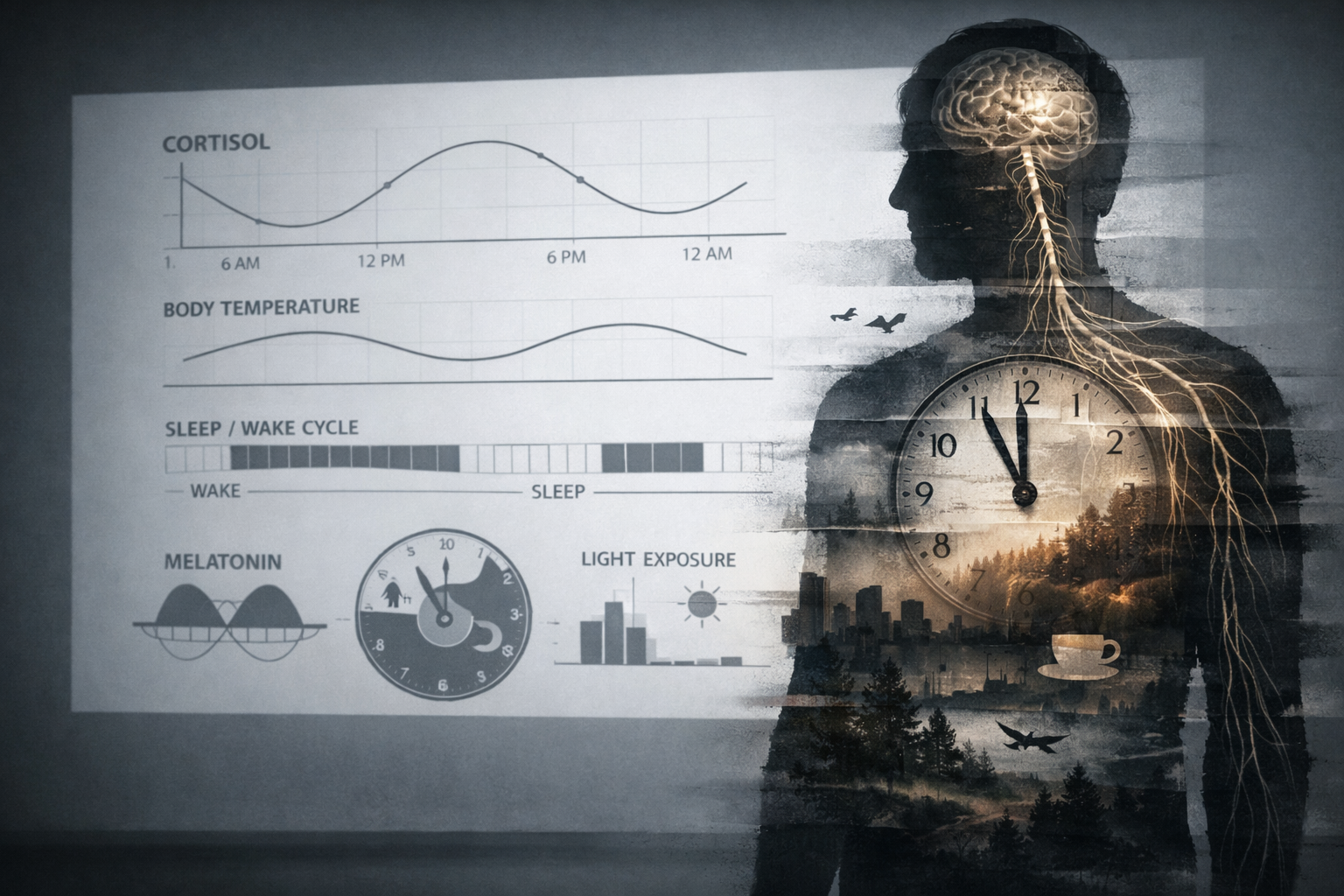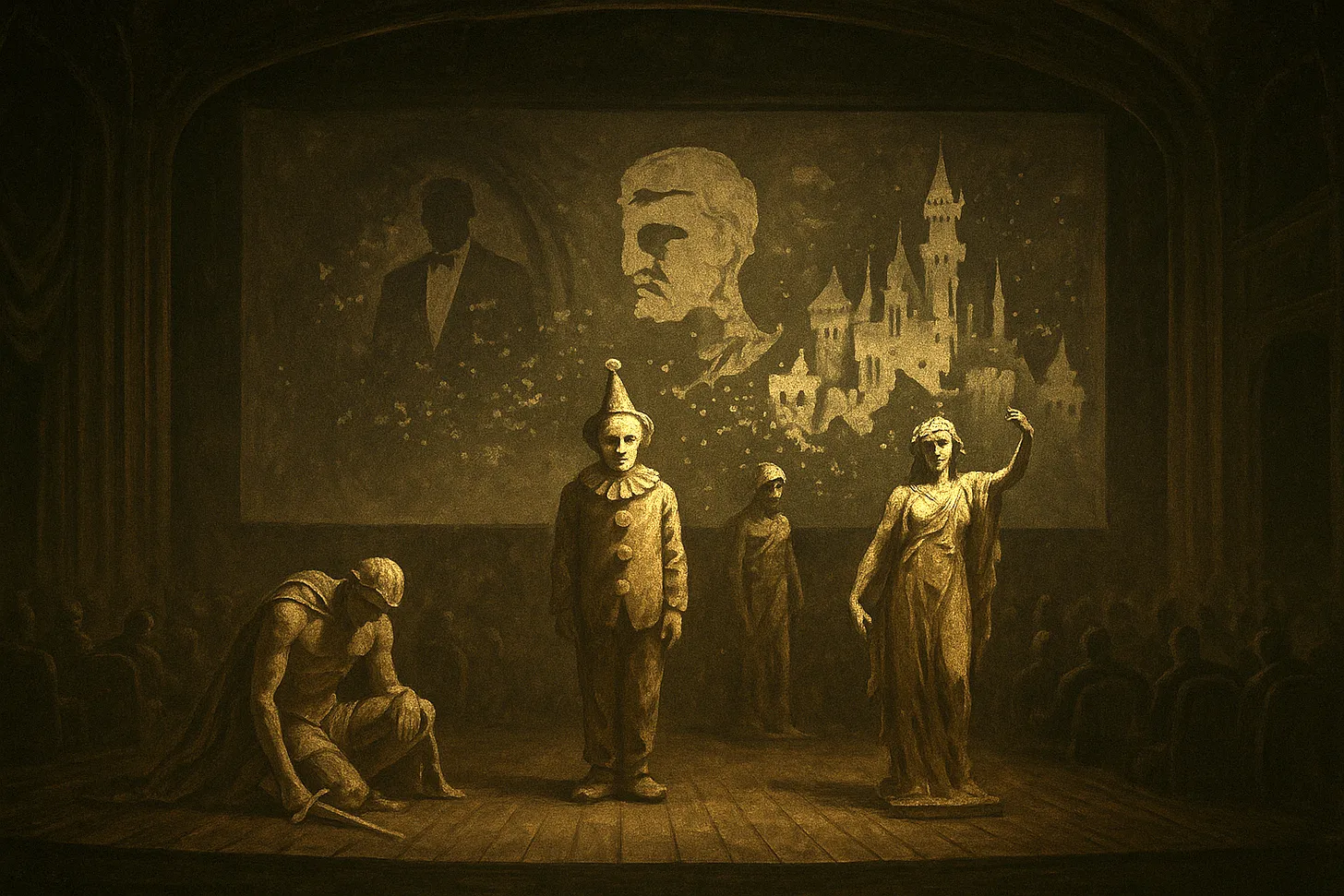There is a quiet sleight of hand that happens when complex human realities are flattened into clean variables and tidy charts. What begins as inquiry slowly hardens into narrative, then circulates as certainty. This is not a rejection of science, but a refusal to outsource discernment. The body, the mind, and the nervous system do not live inside averages, and truth rarely survives being reduced to a meme.
Tag: critical thinking
Symbols and Reality, Act III: Reclaiming Agency
After exploring the hidden costs of technology and the symbolic power of modern saviors, this essay examines how to reclaim human agency. It delves into discernment, ethical action, and the philosophical and psychological tools needed to navigate hype, myth, and narrative manipulation — empowering readers to act consciously in a world dominated by spectacle and symbols.
Laziness of Mind and Spirit: Outsourcing Our Souls
There is a particular kind of decay that does not announce itself through violence or ruin, but through forgetfulness. It is the forgetting of how to listen inwardly, how to sit with uncertainty, how to sense truth without being told what to think. Over time, this forgetting hardens into habit — reliance on systems, experts, devices, and doctrines that promise clarity while dulling discernment. The events of recent years did not create this condition; they merely revealed it. What we are facing is not a crisis of information, but a crisis of mind, spirit, and attention.
Humiliation and Inversion: The Hidden Rituals of Celebrity and Culture
There are patterns hidden in plain sight, woven into the stories we’re told and the figures paraded before us. What’s framed as mere entertainment often carries a weight that is anything but trivial. If we pay attention — if we train ourselves to see — the same archetypal scripts of humiliation, inversion, and ritual sacrifice emerge again and again. I’m not here to preach certainty, but to point at the shapes beneath the surface, and to invite you into the practice of discernment.
The Inquiry Manifesto
There’s a point along the path of inquiry where answers no longer suffice — where what we’ve been taught starts to feel insufficient, and the hunger for something real, felt, and coherent takes over. This discourse wasn’t about proving a model right or wrong — it was about daring to question the models themselves. To examine what holds them up. To test their edges. And to reclaim the sovereignty of thought, intuition, and lived experience in a world increasingly managed by consensus and compliance.




